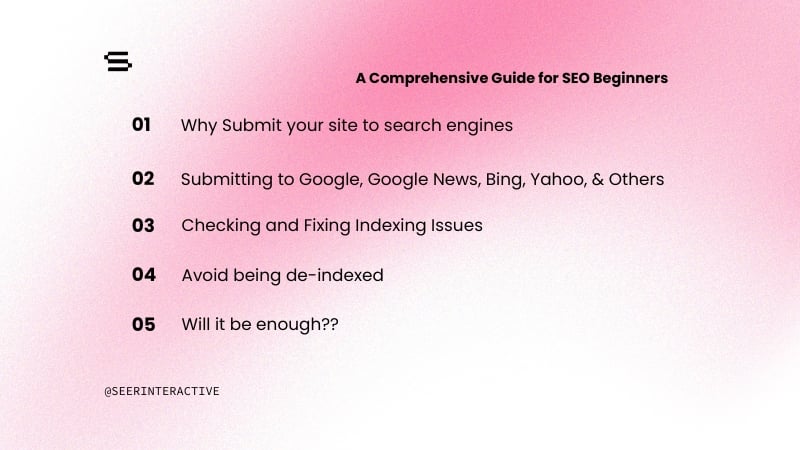Site speed is becoming increasingly important in Google ranking with respect to both SEO and PPC so we wanted to share some of the tools & articles we've found recently that examine the impact of site speed from a few different angles.
Check out this video from Google called Lets Make the Web Faster, featuring interviews with Google engineering execs about site speed.
SiteSpeed Impact on SEO & PPC
SearchEngineLand posted an article recently called Site Speed, Googles Next Ranking Factor which gives more insight into the increasing importance of site speed on SEO & PPC performance. With respect to SEO, adding site speed to Googles algorithm of ranking factors means that fast loading sites could potentially rank higher than slow loading sites. With respect to PPC, load time is one of the factors that determines Quality Score.
What does this mean for your bottom line? Googles organic ranking algorithm already contains hundreds of factors, but if site speed is weighed more heavily in the future, it is possible that having a poor performing site could lead to a decrease in rankings, translating into fewer visitors and less revenue. For PPC, a slow loading site can cause Quality Score to drop, meaning that youll be paying higher CPCs and narrowing profit margins.
Site Speed Impact on the Consumer
Every Second Counts: How Website Performance Impacts Shopper Behavior, an article by Get Elastic, summarizes a study conducted recently by Forrester Research about the impact of site speed on the consumer.
The study proposes an acceptable threshold for acceptable web page response times of 2 seconds. Some repercussions for slow rendering websites include:
- 79% of dissatisfied shoppers are less likely to buy from an online site again
- 75% would be less likely to return to the website again
- The article also makes recommendations for ensuring a fast and consistent experience
How to Improve Your Sites Speed
YSlow
If you would like to test your sites load time, try Yahoo!s YSlow, which analyzes web pages and determines why they are slow, based on Yahoo!s rules for high performance websites. YSlow is integrated with the Firebug web development tool, so youll need to install Firebug before getting started.
Here is a sneak peek of what kind of information YSlow provides, using Virgin Americas Virgin Unite website as an example
(Image currently not available)
Closure Tools
Google also recently added Closure Tools to Google Code Labs (a collection of developer products that are still in their formative stages). Closure Tools help developers build rich web applications with JavaScript that is powerful and efficient. Closure tools include:
- Closure Compiler
A JavaScript optimizer that compiles JavaScript into compact, high performance code
- Closure Library
A comprehensive JavaScript library
- Closure Templates
An easy templating system for Java & JavaScript
WebPageTest
WebPagTest.org is another tool that allows you easily to measure and analyze web page performance. Here is a peek at the kind of results this open source tool generates, using the same Virgin Unite homepage for the test:
(Image currently not available)
Lets Make The Web Faster!
Visit http://code.google.com/speed/ to access a variety of resources for improving site performance including:
- Articles on web performance
- Various discussion lists
- Oodles of tools
Have any tools/resources you have used to determine/improve site speed? Post them here!


